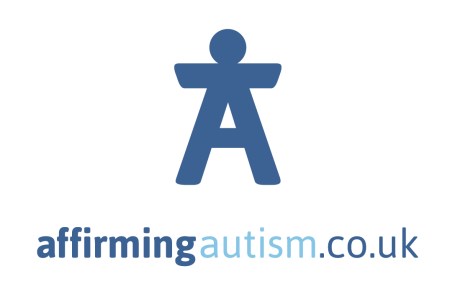Common Mental Health Misdiagnoses in Autistic Adults
At Affirming Autism, we frequently work with adults who’ve spent years navigating mental health systems without receiving a clear or accurate understanding of their experiences. For many, this journey has involved multiple misdiagnoses—often rooted in a lack of awareness about how autism presents in adults, especially those who mask or who fall outside stereotypical presentations.
Why Are Misdiagnoses So Common?
Autism in adults is often misunderstood, particularly in those who have learned to mask their differences or who don't fit the outdated, male-centred diagnostic models. As a result, many autistic adults—especially women, non-binary people, and those assigned female at birth—are misdiagnosed with conditions that partially explain their experiences but miss the full picture.
Common Misdiagnoses
Social Anxiety Disorder - Autistic people may appear socially anxious, but the root cause is often sensory overload, difficulties with social reciprocity, or past experiences of exclusion—not a fear of being judged.
Borderline Personality Disorder - Autistic characteristics like big emotions, identity struggles, or difficulties in relationships can sometimes be mistaken for BPD. While some people are both autistic and have BPD, many are misdiagnosed with it when autism is the better explanation.
ADHD - Autism and ADHD frequently overlap, but sometimes ADHD is diagnosed instead of autism. Characteristics like executive functioning challenges, hyperfocus, or sensory sensitivities may point to autism—or both conditions.
Depression and Anxiety - These are common among autistic adults, often as secondary conditions. They're frequently a response to chronic invalidation, sensory stress, or years of not understanding oneself—not the whole story.
The Impact of Misdiagnosis
Receiving the wrong diagnosis can lead to:
- Inappropriate or ineffective treatments
- A lack of access to autism-informed support
- Ongoing confusion and self-doubt
- Delayed self-understanding and acceptance
Our Approach
At Affirming Autism, we take a neurodiversity-affirming, trauma-informed approach to adult autism diagnosis. We understand how autism can be hidden, misread, or misunderstood in adulthood—especially after years of masking. Our process is designed to see the whole person, not just the symptoms.
If you’ve been misdiagnosed, doubted, or dismissed—we believe you. And we’re here to help.
